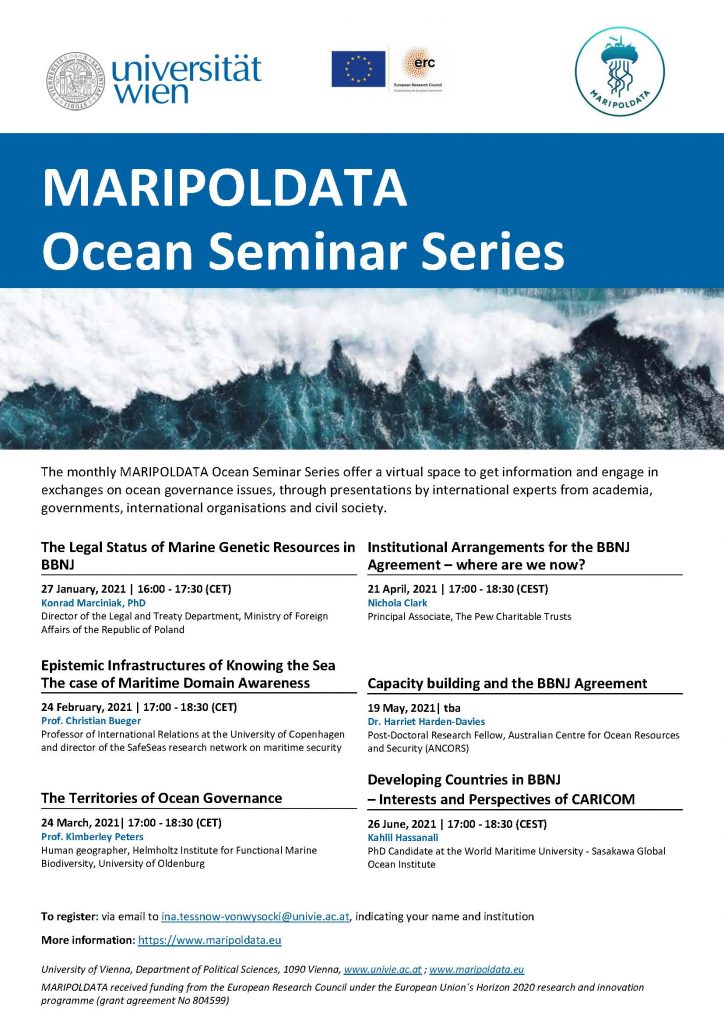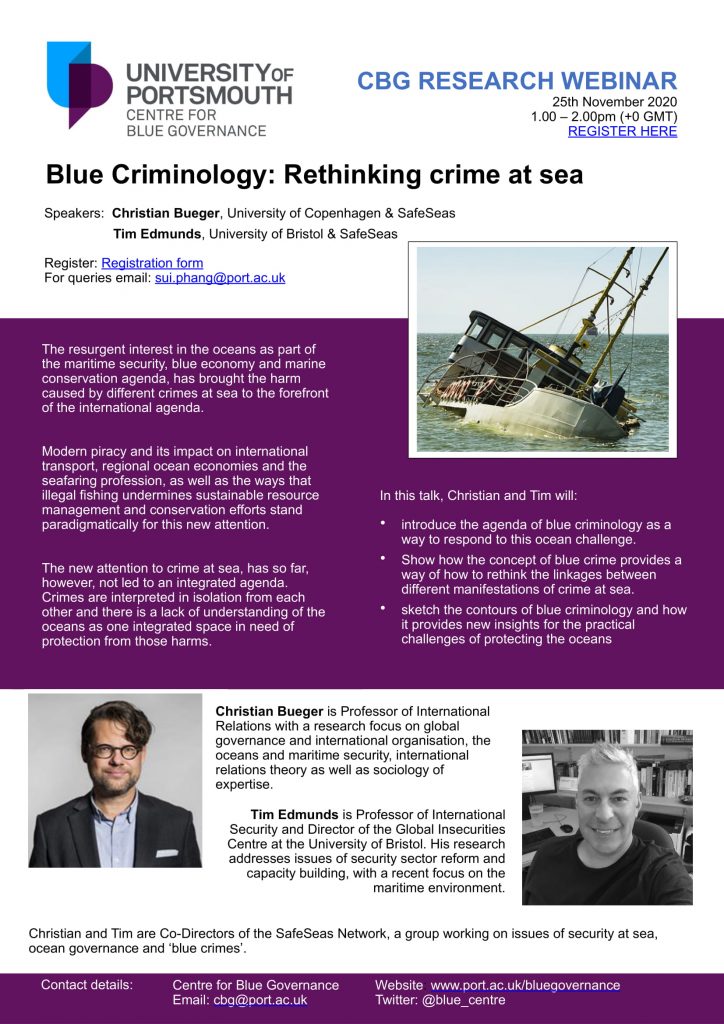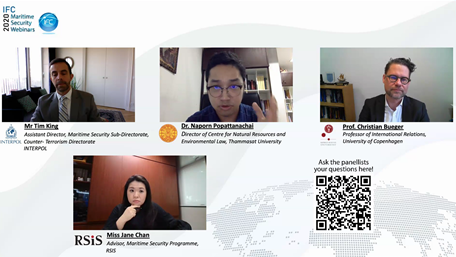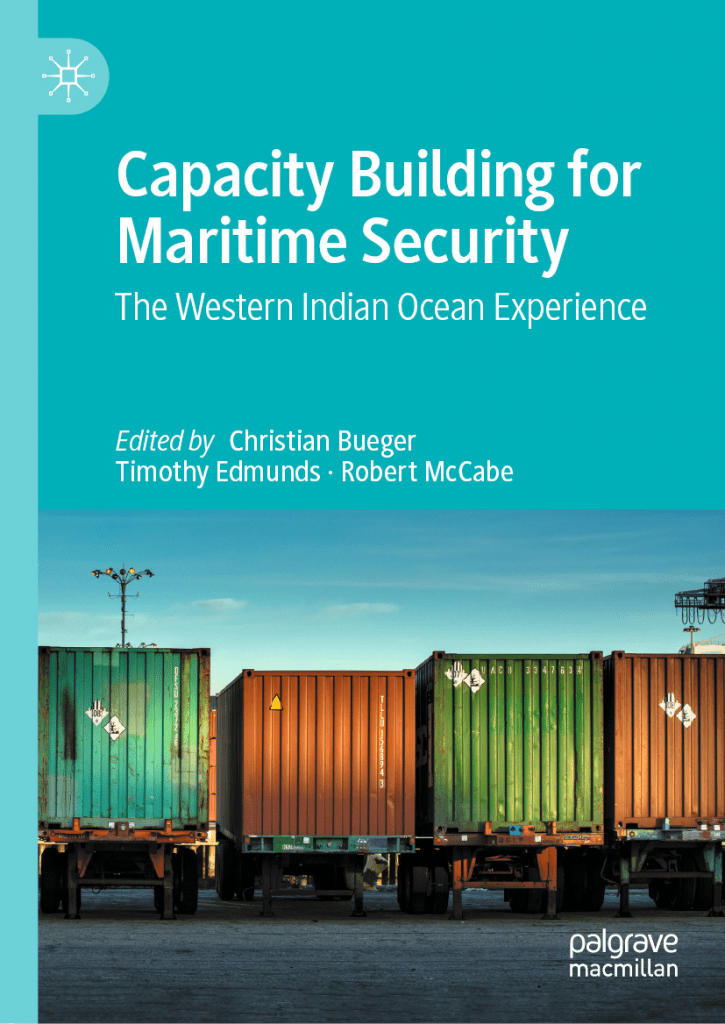On the 24th of February I am giving a talk on Maritime Domain Awareness and its effects at the MARIPOLDATA Ocean Seminar Series organized by the University of Vienna.
The speaker series is organized by the ERC funded research project MARIPOLDATA that studies the power and influence of marine biodiversity data on ocean governance.

My talk draws on my recent book chapter that summarized the historical development of a global network of MDA centers. I theorize these developments through the conceptual framework of “epistemic infrastructures” that I developed in a 2015 article. The framework invites to study the practices through which MDA is designed, maintained and repaired. Contact me to receive the draft paper.



